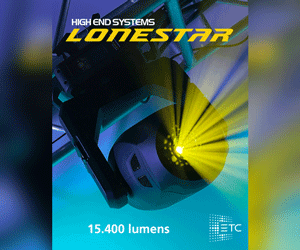The grandMA3 system from MA Lighting, running Mode3 software, is the choice of lighting control behind the new musical, The Devil Wears Prada, which opened at The Dominion Theatre in London’s West End on 1 December, following an out-of-town try out at Theatre Royal, Plymouth.
As the first musical in the West End or on Broadway to be conceived using grandMA3 software, The Devil Wears Prada is another major landmark for the renowned grandMA3 platform as it continues to refine its powerful feature set for complex professional theatrical productions.
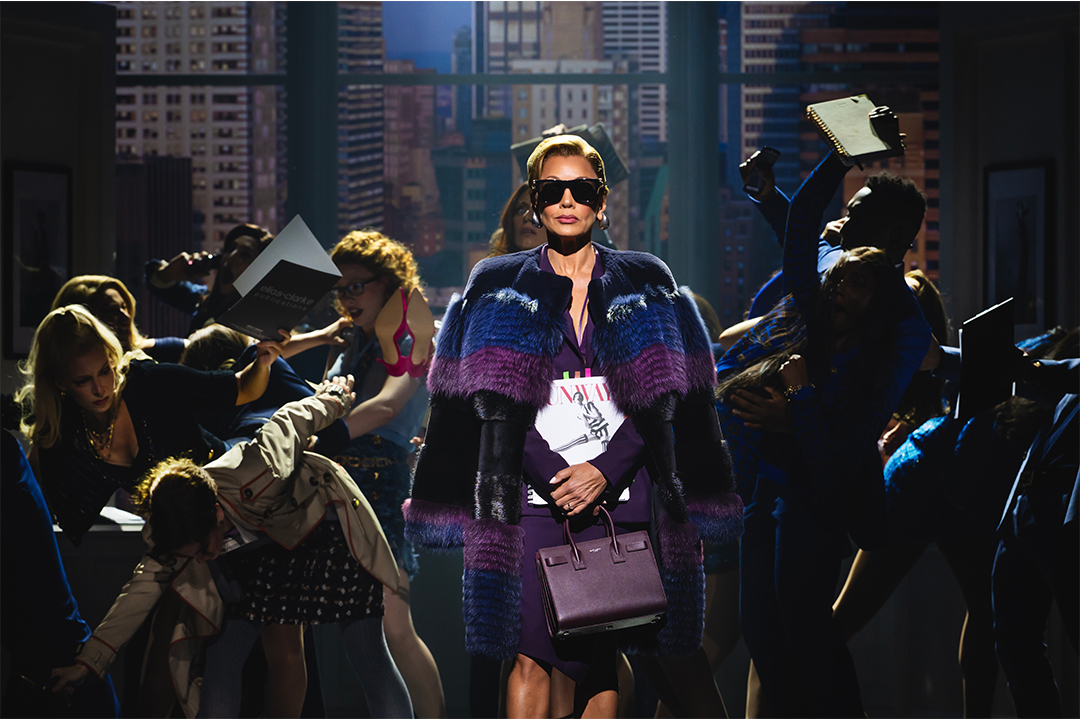
This production is lit by multi-skilled, award-winning lighting designer Bruno Poet, whose recent design work includes major concert tours for artists including Alicia Keys, Pet Shop Boys and Sigur Rós, as well as Tina – the Tina Turner Musical (globally) and The Hours at the Met Opera, NYC.
With music by the legendary Elton John, lyrics by Shaina Taub and book by Kate Wetherhead, this new musical also employs the talents of associate lighting designer Tamykha Patterson and programmer, Max Narula, who worked closely with Bruno Poet to help bring his visual creations to life. The production electrician was Ian Moulds, with the lighting package supplied by PRG.
Narula’s experience with MA goes back to 2016: he first used grandMA2 for a show at Disneyland Paris, followed by some musical productions, plus various live music events and large-scale ceremonies. His first taste of grandMA3 came in September 2023 with Danny Boyle’s Free Your Mind at the new Aviva Studios in Manchester, with lighting design by Lucy Carter, and continued with the 52nd and recently the 53rd UAE National Day – and now, The Devil Wears Prada.
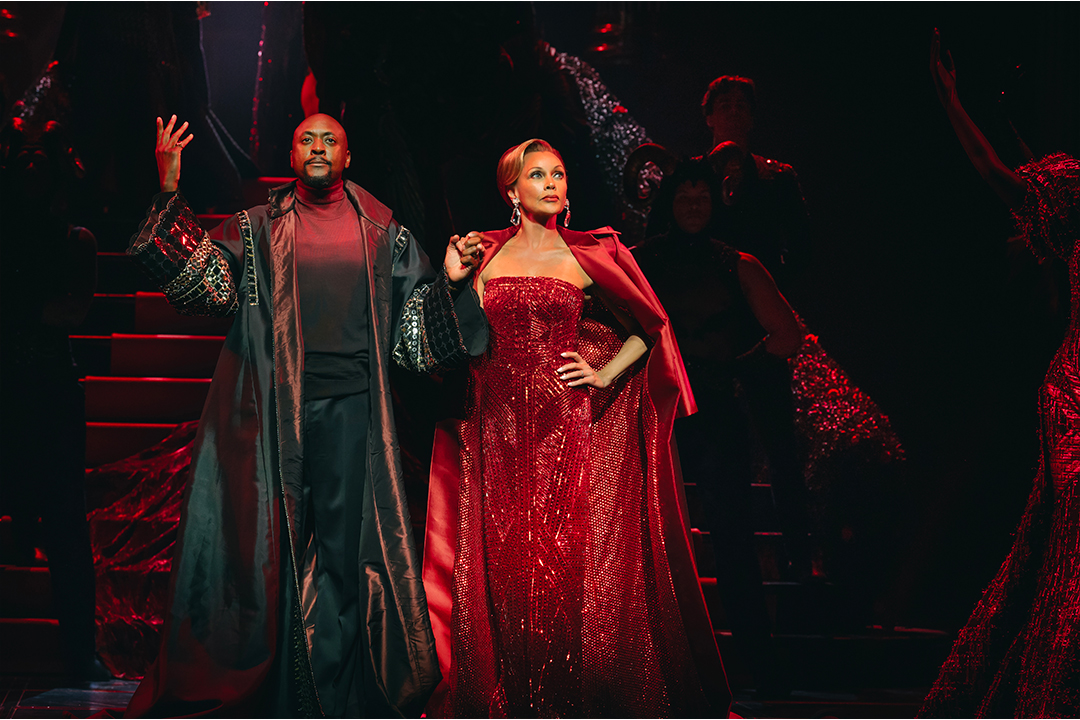
“grandMA3 is a huge leap forward from grandMA2,” he says. “I think one of my favourite features has to be MIB (Move in Black). I never used it on grandMA2for various reasons, but on grandMA3, MIB is fantastic: the amount of time it saves is vast, it just works. I love it! That and the Selection Grid, both extremely powerful.”
Generally, the power, flexibility and scalability of the system are attractive qualities. “grandMA3 is able to control up to 250k parameters, which is vast, as it counts ‘fixture parameters’ not individual DMX control channels: therefore, 250k isn’t only 500 Universes, in theory it’s over 1000,” says Narula. “Also, natively, grandMA3 is fantastic at having multiple programmers working on the same lighting rig . . . With shows getting bigger and bigger, we’re only going to need more and more programmers working simultaneously.”
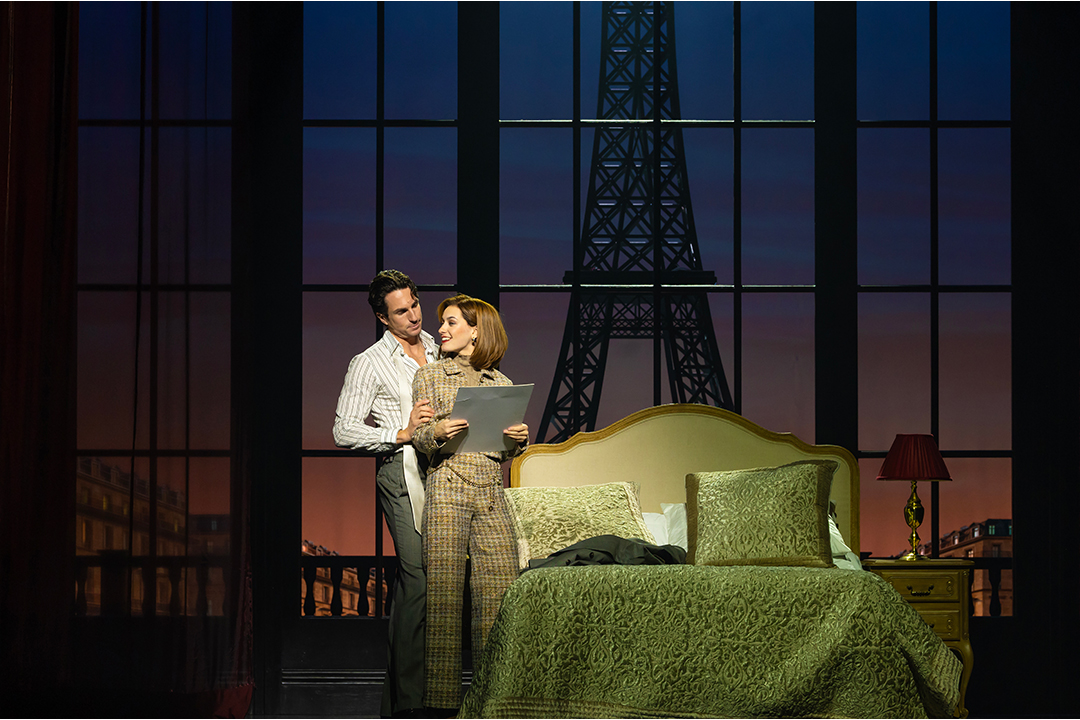
In past years, while MA would always be Poet’s go-to system for any “large scale” show (including the series of UAE National Day events that Narula has also worked on since 2020) it was not considered as such for theatre use.
Narula explains, “Working with Bruno, our theatre programming workflow has always been very different to concerts and big events, and that was the main reason for consistently not using MA in that environment, it was never considered.”
This was an obstacle that the team at MA Lighting has been keen to address, with notable results. Narula explains that he and Bruno Poet have, along with various other well-known users of MA Consoles, been working closely with MA Lighting for the past two years, specifically to improve grandMA3 software’s suitability for theatre use. He says, “We created a theatre workgroup to influence certain features, which are now in release software, so that the desk can now heavily be considered for professional theatrical productions.”
“Bruno had the final say in choosing grandMA3 for this show,” says Narula. In March 2024, in preparation for this production, he and Poet conducted a grandMA3 software desk test at Neg Earth in London. “We put the Prada lighting rig into a visualiser and did some ‘dummy’ programming,” he explains. “Bruno was confident that he’d be able to work as fast as he normally does in a theatre environment. And we had the new ‘Sheet/Filter’ fixture view which, for the first time, meant we could clearly and legibly see on one screen where a fixture was pointing, what colour it was in, and what dimmer value it was at.”
As mentioned, Narula enjoys the advantages of the MIB feature and the new Sheet/Filter fixture view, along with Phasers and Timecode (“a step up from before,” he says) among the grandMA3 toolset. He and Poet also worked with MA Lighting on developing particular live output masks to tailor viewable data, as well as the ‘hide sub fixture’ view. “This was added into the software during our time in June, as we have a lot of multi-instance fixtures,” says Narula. “Other than that, I use the desk like other people, using the multiple ALL pools, along with filters to selectively store the data as we like to in theatre.”
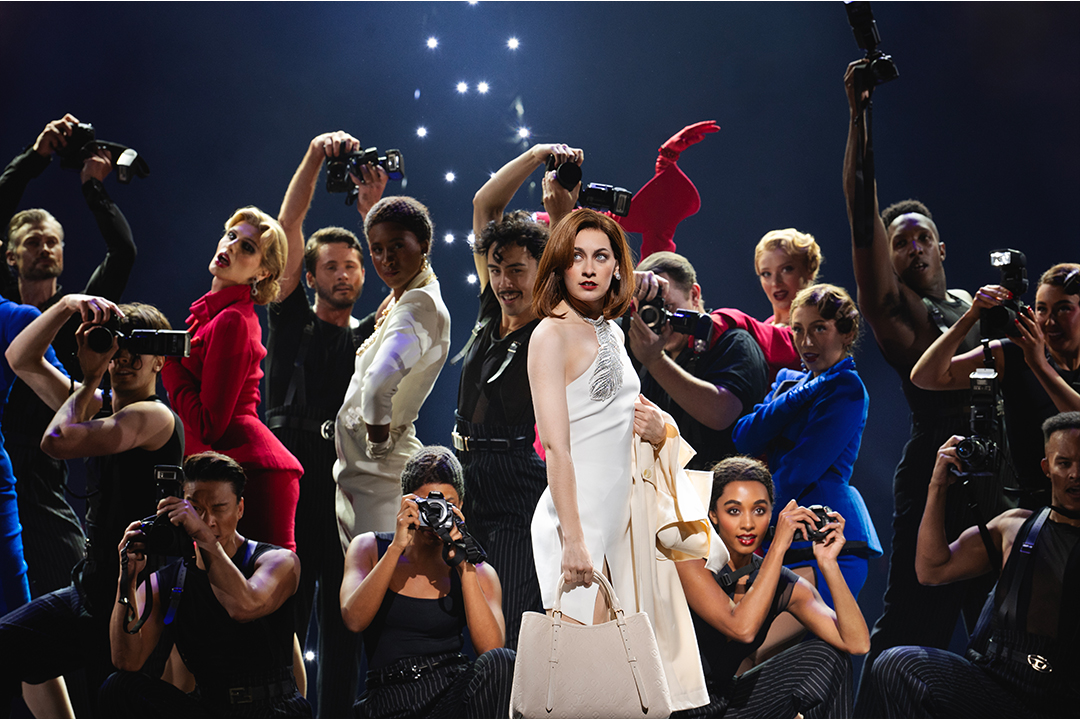
He adds, “For theatre, programmers all try to programme in the same way, so that on these shows – some of which can run for decades – if there’s a problem, or a change is needed, anyone who knows the desk can go in and help. I was taught to programme MA by Chris Hirst, and I think that workflow remains essentially the same.”
Having used a grandMA3 full-size console for programming during technical rehearsals, the show utilises two grandMA3 light consoles and a grandMA3 replay-unit.
The system also includes six of the powerful grandMA3 processing units L, each of which expands the grandMA3 system by 8,192 parameters and offers frame-synchronous calculation of parameters on the network. In total Prada has over 7,000 individual fixtures in patch, adding up to over an impressive 52,000 parameters – which Narula calculates at over 74,000 raw DMX addresses.
Poet and Narula also praise the support provided by MA Lighting for the show’s first development in Plymouth, and by the brand’s UK distributor Ambersphere with the move to the Dominion, in London’s West-End.
Narula concludes, “Watch this space! I think it is going to be an interesting time over the next few months, seeing more new features and shortcuts that are mainly to aid professional theatre, but will also hopefully be of great interest for the rest of grandMA3 users too.”






